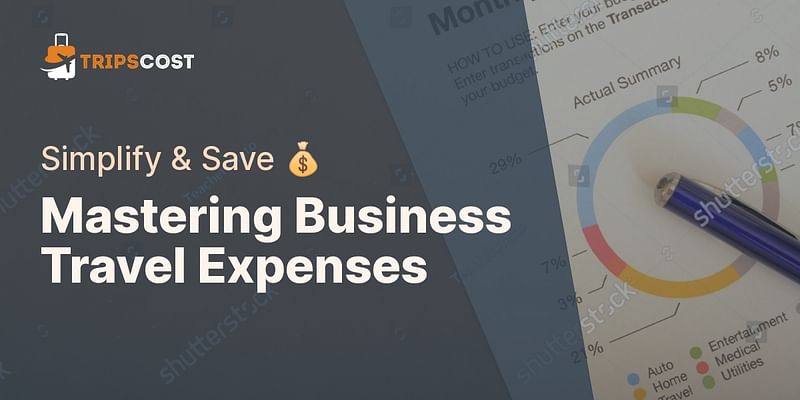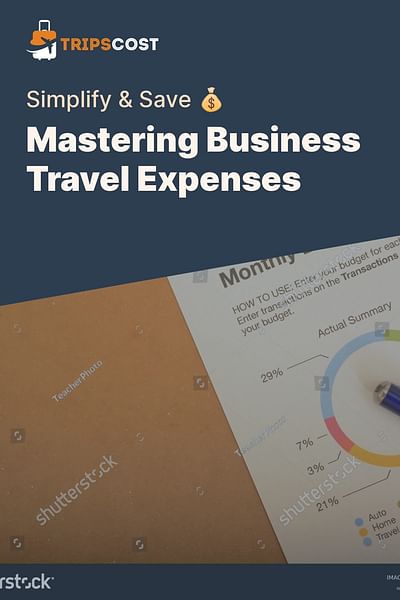Nicholas is a seasoned budget travel aficionado who has extensively explored Europe and Asia with simply a backpack. He excels in discovering the most affordable deals on flights and lodgings. Aside from his travel exploits, he takes pleasure in strumming his guitar and indulging in cinematic adventures.
Managing your business travel expenses is essential to ensure that you stay within your budget and maintain financial control. Here are some tips to help you effectively manage your business travel expenses:
1. Create a budget: Start by setting a budget for your business trip. Consider all the expenses you may incur, including transportation, accommodation, meals, and incidentals. Having a budget will help you prioritize your spending and avoid overspending.
2. Research and plan: Before your trip, research the costs associated with your destination. Look for cost-effective options for flights, accommodations, and transportation. Planning ahead will help you find the best deals and save money.
3. Use a travel expense tracking system: Consider using a travel expense tracking system or app to keep track of your expenses. These tools allow you to easily record and categorize your expenses, making it easier to create expense reports later.
4. Keep all receipts: Make sure to keep all your receipts, as they will serve as proof of your expenses. This includes receipts for meals, transportation, and any other business-related expenses. Keeping organized records will make it easier to create accurate expense reports.
5. Separate business and personal expenses: It's important to keep your business and personal expenses separate. Use a dedicated credit card for business expenses, and avoid using it for personal purchases. This will make it easier to track and report your business expenses.
6. Submit expense reports promptly: Don't wait until the end of your trip to submit your expense reports. Submit them as soon as possible to ensure timely reimbursement and to avoid any potential delays.
7. Follow company policies: Familiarize yourself with your company's travel expense policies and guidelines. Understand what expenses are reimbursable and what documentation is required. Adhering to these policies will help streamline the reimbursement process.
8. Look for cost-saving opportunities: While on your business trip, look for ways to save money without compromising on quality. For example, consider booking accommodations with kitchen facilities to save on dining expenses or use public transportation instead of taxis.
9. Review and analyze your expenses: After your trip, take the time to review and analyze your expenses. Look for areas where you can cut costs or make more cost-effective choices for future trips.
10. Seek professional advice: If you're unsure about managing your business travel expenses, consider seeking advice from a financial professional or your company's finance department. They can provide guidance and help you optimize your travel budget.
Remember, effectively managing your business travel expenses is not only about saving money but also about maintaining accurate records and complying with company policies. By following these tips, you can stay within your budget and ensure a smooth expense management process.











